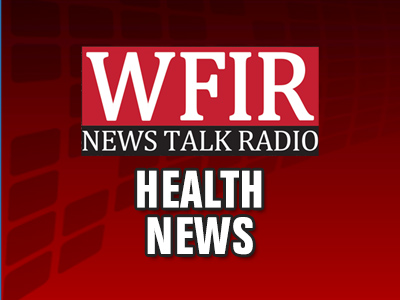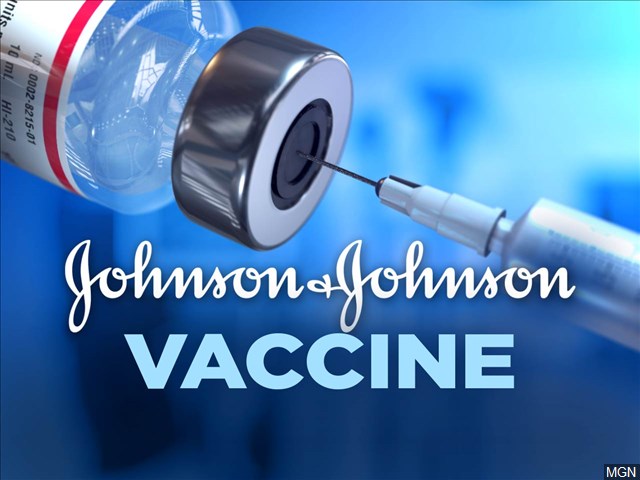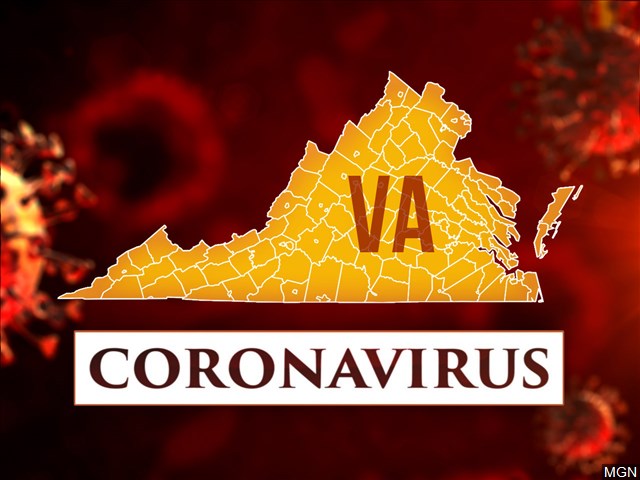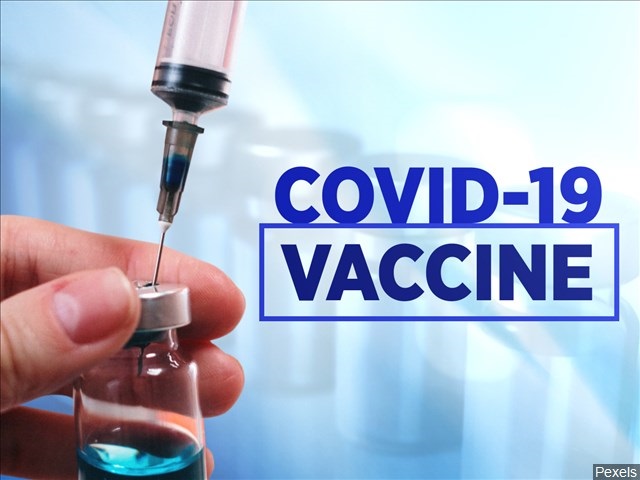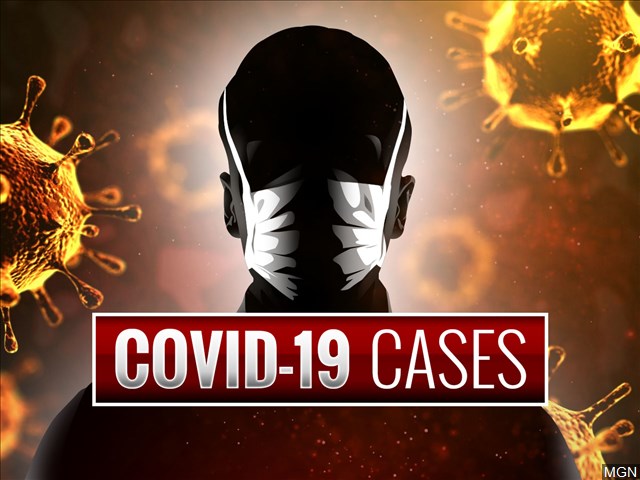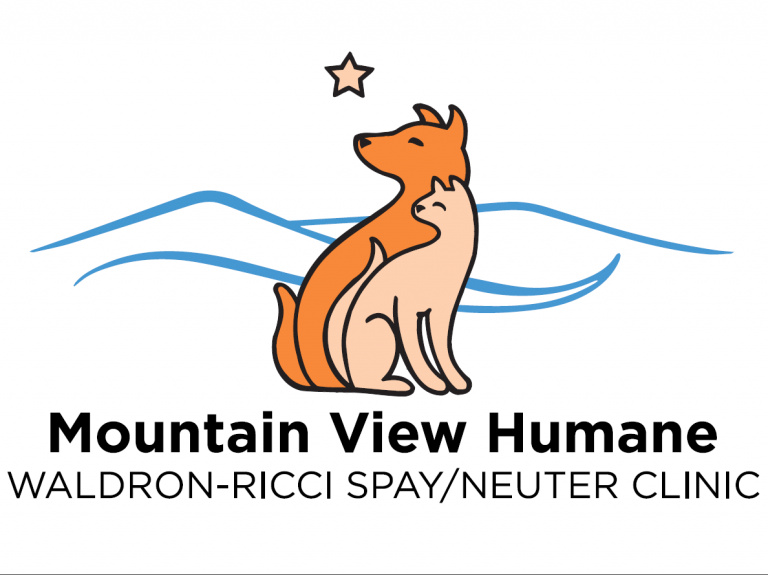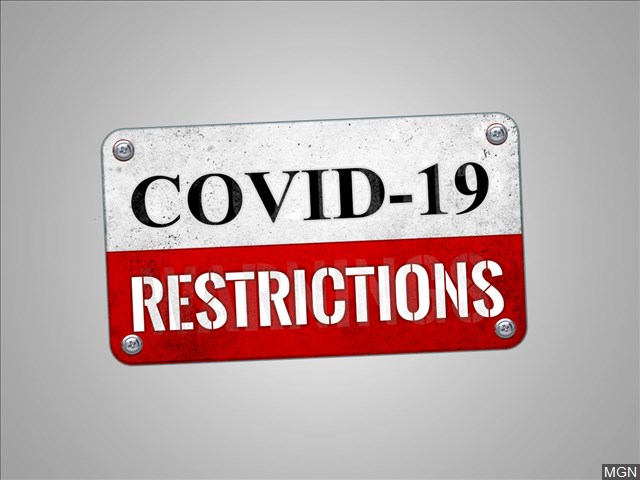As more masks come off, a recent uptick in the number of positive COVID tests in the...
Health and Medicine
Virginia Tech will require all students to be fully vaccinated by the start of the fall semester....
Sunday is NATIONAL CANCER SURVIVORS DAY. Each year – 1.8 million people are diagnosed with cancer in...
Local health officials are increasingly taking it to the streets – or at least to mobile clinics...
As COVID case numbers continue their steady decrease Carilion Clinic is posting for the last time numbers...
As the Commonwealth moves towards the 70 percent-vaccinated goal by the beginning of July for each state...
The Virginia Department of Health reports no new COVID-19 hospitalizations or deaths in the Roanoke region for...
The health care systems based in Roanoke, Lynchburg and Southside Virginia collectively report 69 patients currently hospitalized...
Carilion experts continue to monitor the level of COVID-19 spread in the immediate community surrounding each hospital....
Even well before many New River Valley residents have not been fully vaccinated, thoughts are turning to...
Appointments are now open for a Mobile Vet Clinic helping under served areas in out region ....
Slightly confused about where, when or IF face coverings are still required – especially if you are...
CHRISTIANSBURG, Va.) — The New River Health District (Virginia Department of Health) will hold a final large-scale...
RICHMOND—Governor Ralph Northam today lifted Virginia’s universal indoor mask mandate to align with new guidance from the Centers...
With most of those in older age groups who WANT the COVID-19 vaccine already inoculated, more attention...

